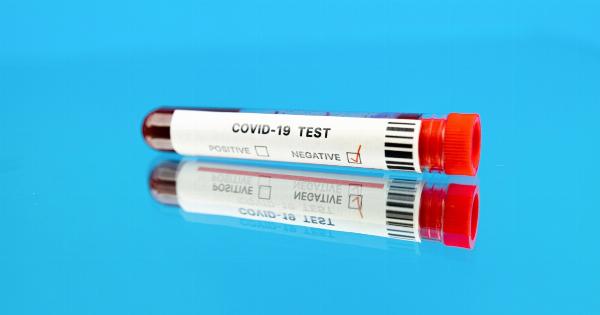Are you wondering if you could be pregnant? Or maybe you want to confirm your pregnancy suspicions? Well, there are several pregnancy signs and symptoms that you can watch out for, and some of them might strongly indicate that you have a bun in the oven. Below are the most common symptoms of pregnancy and tips on how to confirm that you’re indeed pregnant.
1. Missed Period
If you have been experiencing a regular menstrual cycle, but missed your period, it could be an indicator of pregnancy.
A missed period is one of the classic signs of pregnancy and occurs because of hormonal changes in the body, which disrupt the menstrual cycle.
2. Nausea and Vomiting
Approximately two-thirds of women experience morning sickness during pregnancy, which is characterized by nausea and vomiting. This is typically a sign that the levels of the hormone Human Chorionic Gonadotropin (HCG) in your body has increased.
Morning sickness could start as early as two weeks after conception and may last for several weeks or months.
3. Breast Changes
During pregnancy, your breasts will undergo hormonal changes that could result in soreness, tenderness, or enlargement. Your nipples may darken and become more sensitive to touch, while the veins on your breasts may also become more visible.
These changes typically occur during the first trimester of pregnancy.
4. Fatigue
Pregnancy could result in extreme fatigue, especially during the first and third trimesters of your pregnancy. This fatigue is caused by hormonal changes and your body’s increased need for energy to support the growing fetus.
Resting, taking naps throughout the day, and getting plenty of sleep can help reduce fatigue.
5. Increased Urination
During pregnancy, the body produces extra fluids and blood that need to be eliminated, resulting in increased urination. The growing uterus also puts pressure on the bladder, reducing its holding capacity.
So, if you find yourself running to the bathroom more often than usual, it could be a sign that you’re pregnant.
6. Food Cravings and Aversions
Food cravings and aversions are typical symptoms of pregnancy, where you could suddenly have intense cravings or total disinterest in particular foods.
This is caused by hormonal changes and an increased metabolism that can result in an increased or decreased appetite.
7. Mood Swings
Pregnancy can also affect your emotions, resulting in mood swings. This could cause you to become irritable, emotional, or tearful and could be caused by changes in hormone levels.
8. Spotting and Cramping
Some women experience spotting and cramping during the early stages of pregnancy. This could be caused by implantation bleeding, which happens when the fertilized egg attaches itself to the wall of the uterus.
However, this could also be a sign of a miscarriage or an ectopic pregnancy, so it’s crucial to monitor this symptom and contact your doctor if symptoms persist.
9. Dizziness and Headaches
During pregnancy, the body experiences increased volumes of blood flow, which could sometimes result in dizziness, light-headedness, and headaches.
These symptoms are typically harmless and could be managed by staying hydrated and taking frequent breaks when necessary.
10. Positive Pregnancy Test
If you suspect that you might be pregnant, taking a pregnancy test is the easiest way to confirm your suspicions. Most pregnancy tests can detect HCG, the pregnancy hormone, in your urine as early as a week after your period has been missed.
If the test comes out positive, contact your healthcare provider to schedule your first prenatal checkup.
Conclusion
These are the most common signs and symptoms that you could experience during pregnancy. However, some women might experience minor or no symptoms at all, making it challenging to confirm their pregnancy until they undergo prenatal testing.
Nevertheless, if you suspect that you might be pregnant, contact your healthcare provider for further information and guidance.






























